About Therapeutic Health Services – Rainier Branch
Therapeutic Health Services’ Rainier Branch provides services for over 3,500 adults each year across all their programs. They’re located in Seattle Washington, home of the iconic Space Needle. They have provided care to the community for 51 years, boasting an 85% reduction in substance use disorders or improvement of mental health conditions.
The city is surrounded by water, mountains, and evergreen forests, making it a unique environment in which to experience your recovery journey.
Medication Assisted Treatment with Counseling
They are a nationally accredited, non-profit organization that provides a range of treatment options that address substance use disorders and addictions in youth and adults. The evidence-based opioid use treatment program uses medication assisted treatment and strength-based counseling to guide your treatment program.
Medication assisted treatment plus evidence-based counseling is the gold standard in opioid and heroin addiction. They use FDA approved medications like methadone to reduce withdrawal symptoms and curb cravings during treatment. Heroin, fentanyl, prescription painkillers, and other opiates can keep you from living your best life.
The medications used in your program will be evaluated against the severity of your substance use disorder, underlying health, and whether you have a co-occurring mental health condition. While medication is important, it’s just the beginning of your treatment program.
Effective Dual Diagnosis Treatment
They also provide mental health services with medication management for mental health conditions. Oftentimes, mental health conditions and substance use disorders occur together. Serious mental health illnesses can include panic disorder, post-traumatic stress disorder major depression, and anxiety disorders.
They find that some people turn to substances like drugs and alcohol to self medicate for mental health conditions. Unfortunately, this typically exacerbates and worsens the mental health symptoms. Treatment for dual diagnosis is complex and requires simultaneously addressing both conditions to improve the potential for success.
They work with most major insurance providers in the state, including Apple Health Medicaid and Managed Care Organizations. If you do not have health insurance, you may qualify for Medicaid, and they can guide you in the application process.
Latest Reviews
Rehab Score
Gallery
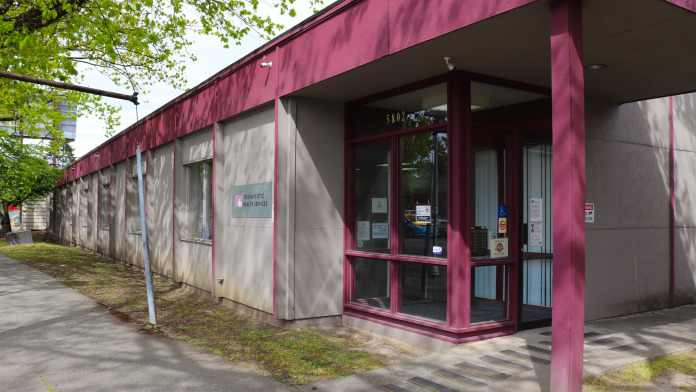
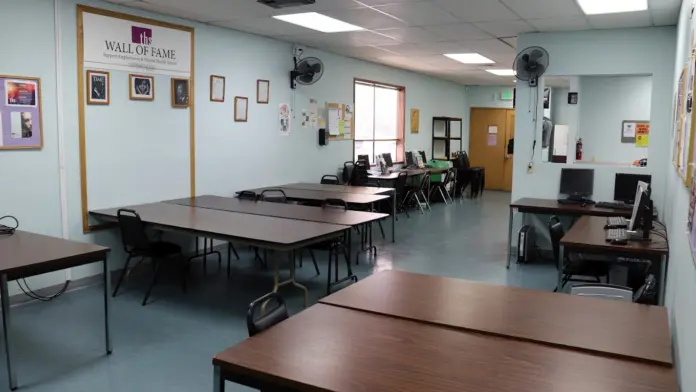
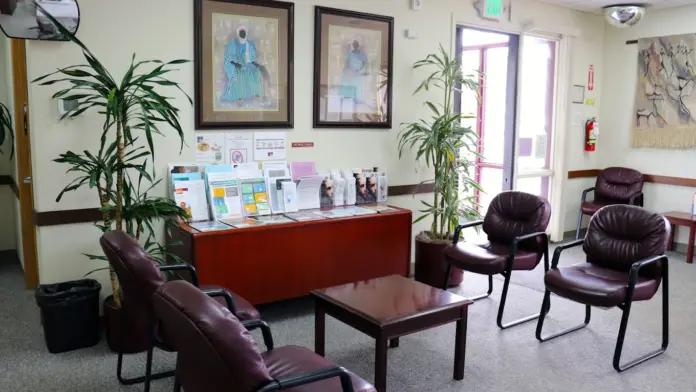
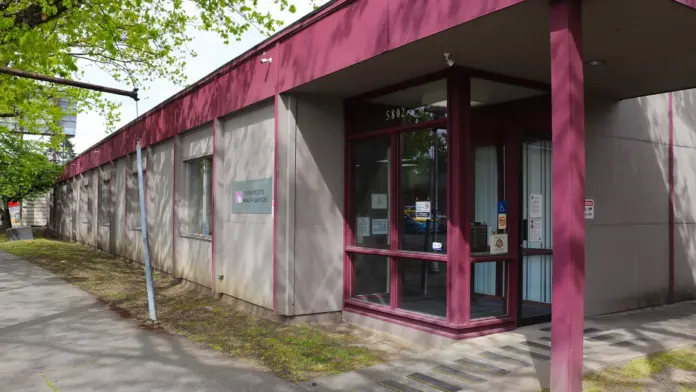
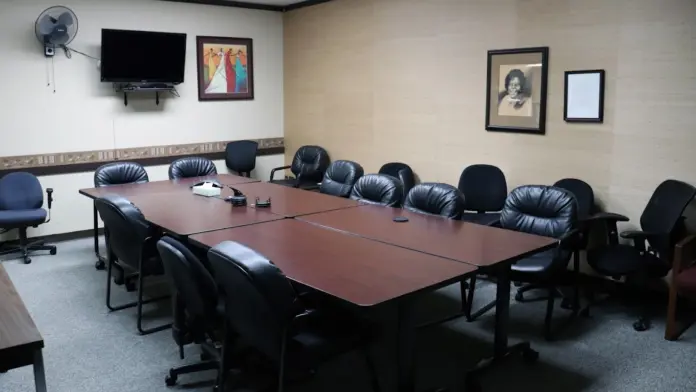
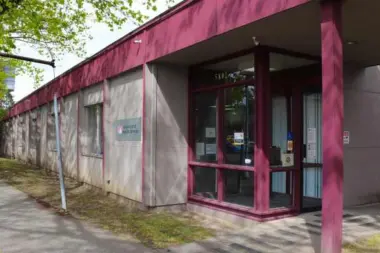
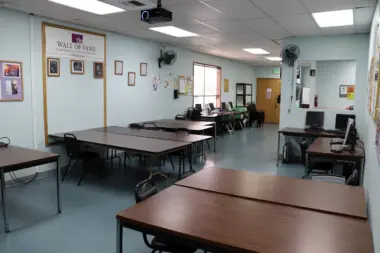
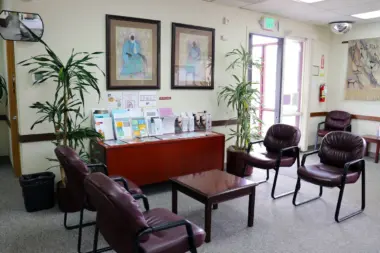
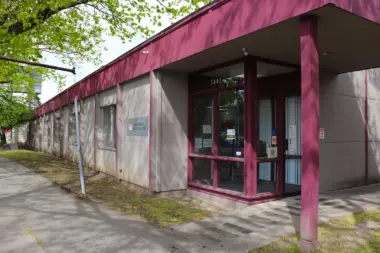
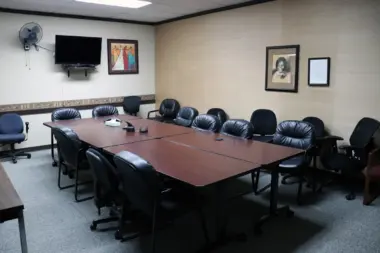
Accepted Insurance
Other Forms of Payment
Private insurance refers to any kind of healthcare coverage that isn't from the state or federal government. This includes individual and family plans offered by an employer or purchased from the Insurance Marketplace. Every plan will have different requirements and out of pocket costs so be sure to get the full details before you start treatment.
Self-pay involves paying for treatment out of your own pocket. You can use savings or credit, get a personal loan, or receive help from family and friends to fund your treatment. If you don't have insurance or your insurance plan doesn't cover a specific program, self-pay can help ensure you still get the care you need.
Medicaid is a state based program that helps lower-income individuals and families pay for healthcare. Medicaid covers addiction treatment so those enrolled can use their coverage to pay for rehab. When a program accepts Medicaid the client often pays very little or nothing out of their own pocket.
Medicare is a federal program that provides health insurance for those 65 and older. It also serves people under 65 with chronic and disabling health challenges. To use Medicare for addiction treatment you need to find a program that accepts Medicare and is in network with your plan. Out of pocket costs and preauthorization requirements vary, so always check with your provider.
Military members, veterans, and eligible dependents have access to specific insurance programs that help them get the care they need. TRICARE and VA insurance can help you access low cost or no cost addiction and mental health treatment. Programs that accept military insurance often have targeted treatment focused on the unique challenges military members, veterans, and their families face.
Addiction Treatments
Levels of Care
Medical detox is often the first step in addiction recovery and involves ridding the body of drugs and/or alcohol in a supervised inpatient setting. If you've become physically dependent on substances like alcohol, benzodiazepines (like Xanax), or opioids, quitting abruptly may cause uncomfortable or even dangerous side effects. In medically assisted detox, a team of medical professionals will help manage any potential withdrawal symptoms with the aim of keeping you as safe and comfortable as possible.
Every sober living home in Washington allows for increased independence in recovery while still providing structure and accountability. Residents are expected to be responsible for themselves. They must pay for room and board and do everything they would do for themselves if they lived in a regular home. Typically, residents can live in a men's or women's sober living home for as long as they want, as long as they follow the house rules.
Treatments
The goal of treatment for alcoholism is abstinence. Those with poor social support, poor motivation, or psychiatric disorders tend to relapse within a few years of treatment. For these people, success is measured by longer periods of abstinence, reduced use of alcohol, better health, and improved social functioning. Recovery and Maintenance are usually based on 12 step programs and AA meetings.
Effective drug rehab in Washington integrates care for the whole person, offering comprehensive solutions to addiction. Treatment methods address mental, physical, and relational aspects of substance abuse.
When a young person struggles with an emotional problem like depression or anxiety and turns to drugs or alcohol, they may have a cooccurring disorder. The core of their Integrated Cognitive Therapies Program (ICTP) is one therapist who provides both mental health counseling and substance use therapy in each session. Specifically grounded in effective treatment models, ICTP can help young people improve focus in school, heal family relationships and achieve other personal goals.
A combined mental health and substance abuse rehab has the staff and resources available to handle individuals with both mental health and substance abuse issues. It can be challenging to determine where a specific symptom stems from (a mental health issue or an issue related to substance abuse), so mental health and substance abuse professionals are helpful in detangling symptoms and keeping treatment on track.
Opioid rehabs specialize in supporting those recovering from opioid addiction. They treat those suffering from addiction to illegal opioids like heroin, as well as prescription drugs like oxycodone. These centers typically combine both physical as well as mental and emotional support to help stop addiction. Physical support often includes medical detox and subsequent medical support (including medication), and mental support includes in-depth therapy to address the underlying causes of addiction.
Programs
Adult rehab programs include therapies tailored to each client's specific needs, goals, and recovery progress. They are tailored to the specific challenges adult clients may face, including family and work pressures and commitments. From inpatient and residential treatment to various levels of outpatient services, there are many options available. Some facilities also help adults work through co-occurring conditions, like anxiety, that can accompany addiction.
The THS Veterans Outreach Program is funded by the King County Veterans’ Services Levy. THS Veterans Outreach Specialists help veterans access the benefits they have earned through their military service. Specialists can assist in the upgrade of the discharge status of veterans which in many cases results in a higher amount of benefit dollars or access to new benefits. Veterans Outreach Specialists are can provide access to disability compensation, military pension, vocational rehabilitation, education benefits, burial benefits and housing loan assistance.
Young adulthood can be an exciting, yet difficult, time of transition. Individuals in their late teens to mid-20s face unique stressors related to school, jobs, families, and social circles, which can lead to a rise in substance use. Rehab centers with dedicated young adult programs will include activities and amenities that cater to this age group, with an emphasis on specialized counseling, peer socialization, and ongoing aftercare.
Clinical Services
In individual therapy, a patient meets one-on-one with a trained psychologist or counselor. Therapy is a pivotal part of effective substance abuse treatment, as it often covers root causes of addiction, including challenges faced by the patient in their social, family, and work/school life.
Research clearly demonstrates that recovery is far more successful and sustainable when loved ones like family members participate in rehab and substance abuse treatment. Genetic factors may be at play when it comes to drug and alcohol addiction, as well as mental health issues. Family dynamics often play a critical role in addiction triggers, and if properly educated, family members can be a strong source of support when it comes to rehabilitation.
Amenities
-
Residential Setting
-
Yoga Studio
Staff & Accreditations
Staff
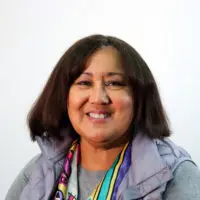
Patricia Edmond-Quinn, M.Ed
CEO

Ken Schlegel, MBA, CFRE
Chief Development & Marketing Officer
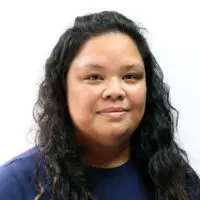
Cynthia Duay, MBA
Chief Clinical Officer
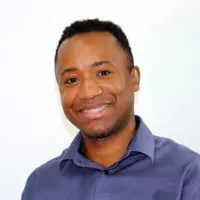
Albert Cisse
Chief Technology Officer
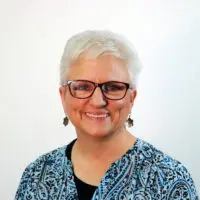
Debbi Bardsley, BSHRM, SHRM-SCP
Director of Human Resources
Accreditations

The Commission on Accreditation of Rehabilitation Facilities (CARF) is a non-profit organization that specifically accredits rehab organizations. Founded in 1966, CARF's, mission is to help service providers like rehab facilities maintain high standards of care.
CARF Accreditation: Yes
Contact Information
5802 Rainier Avenue South
Seattle, WA 98118














